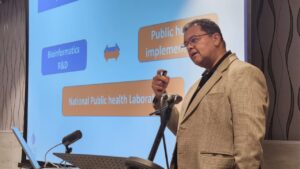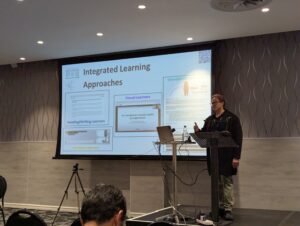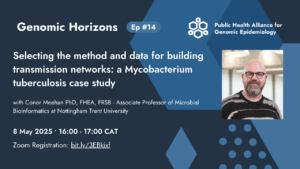Antimicrobial resistance (AMR) falls in the top 10 category of public health threats. According to the most recent estimates, 4.95 million deaths were associated with bacterial AMR in 2019 and was therefore the third largest cause of mortality globally.
What is antibiotic resistance?
The description of antibiotic resistance denotes that bacteria learn to circumvent the effects of antibiotics using a variety of different ways. Some bacteria can alter their exterior structure and receptors so that antibiotics cannot bind to them, while others may be able to export the drugs out of the bacteria. An antibiotic could then be rendered useless by the spread of such antibiotic resistance genes, which gives rise to public health and ecological issues.
Furthermore, antibiotic resistance is a larger phrase that includes not only bacteria but also other pathogens like viruses or fungi that may acquire such defences. Medications become ineffective against the new resistant strains, and superbugs are created which can be challenging to treat. This clarifies a common misconception where people are sometimes labelled as drug resistant – people do not develop drug resistance; bacteria and viruses do.
How can antibiotic resistance be minimised?
Precautionary measures are spelled out on the prevention and control of the spread of antibiotic resistance. These apply to the individual, policy makers, health professionals and agricultural sector. For instance, to the individual, one must only use and complete an antibiotics course prescribed by a certified health professional. Policy makers must improve surveillance of antibiotic-resistant infections and strengthen the planning and implementation of infection prevention and control measures. Health professionals must not prescribe antibiotics unnecessarily and must provide patients with information on infection prevention and control. The agricultural sector must promote and apply good practices in the production and processing of food from plants and animals.
The alarm is blaring on the dangers of antibiotic resistance. Let us all play our part by preventing and controlling contracting microbial infections. If acquired, let us stop the misuse and overuse of antibiotics.
Cavil Corrine Smith, PHA4GE



